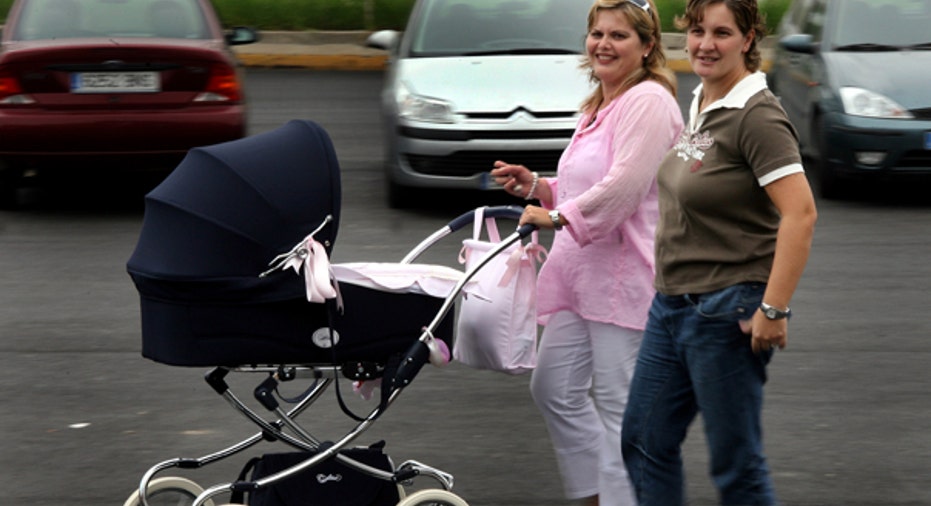The Courage and Joy of Storytelling

One day Mindy Greenstein was sitting in a writing class listening to a classmate read something she’d been working on. It was about poker night, and memories of poker nights with her own parents came flooding in. Fast forward to a restless night and one sentence forming in Greenstein’s head:
“I grew up on crash corner, at least that’s what neighborhood kids used to call it before the city of New York installed a traffic light at our patch of Flatlands Avenue in Brooklyn.”
One sentence was followed by more sentences and, before she knew it, seven pages had poured out of her.
“It’s was a non-intellectual process,” Greenstein said in our recent interview at the Ace Hotel in Manhattan. “It was a different kind of writing than I’d produced before. The class loved it.”
Of course they did. This is a woman who knows how to write real.
Now Mindy Greenstein, PhD, is the author of a book that is the product of that experience -- The House on Crash Corner … And Other Unavoidable Calamities – and the sentence above is its opening line. It is a collection of essays with a memoir feel that is rich in universal themes. Greenstein is a clinical psychologist and a psycho-oncologist and was the chief clinical fellow in the Department of Psychiatry and Behavioral Sciences at Memorial Sloan-Kettering Cancer Center; she also co-developed the Meaning-Centered Group Psychotherapy program there.
So, in addition to being a mother (to two sons ages 14 and 10), a daughter, a wife and an accomplished professional, she has also experienced the irony of having cancer while spending her career counseling cancer patients. The only thing I can relate to in that entire bio is being a daughter and an accomplished professional and yet her work resonated immediately.
I came across Greenstein when I read a piece she wrote for Psychology Today about motherhood and subsequently found out she had a book that was about to be released (officially April 15). Because I attract so many writers to my life coaching practice, I make it a point to learn about writers and ingest as much writing as I can (what a privilege!). It has become my norm to encourage storytelling in my clients, whether for publication, sharing with no one but a few close friends or family members, or simply for self-edification and joy of expression.
But let’s just say it -- there is courageousness to putting the ‘real’ out there for public consumption. Greenstein didn’t take this lightly and was, in fact, pleasantly surprised when her mother not only agreed to talk about World War II (a previously taboo subject), but said, “Whatever you need, I’ll do it.”
“I told her, ‘I’m going to be very honest about our fights’ and she said, ‘What fights?’” Greenstein said. “She did it purely as a mother.”
Which brings me back to some of the reasons why Greenstein’s work spoke to me. She describes a Jewish experience and yet my Jersey Italian self picked right up on the feeling of being different.
“I compared the crudeness of my life with what I took to be the genteel existence of the ‘real’ American kids, who seemed so confident and easygoing,” she writes.
I read that with a knowing smile.
And while I couldn’t relate to parents who were compulsive gamblers or Holocaust survivors or struggling with the English language, I related to striving for being educated and being a little too haughty about it.
“I loved my entitled American education,” Greenstein writes. “I loved learning about Patrick Henry. I even loved geometry. And when I was a little older, I loved going to self-serious cafes in Greenwich Village to discuss Beckett and Chekhov and other writers my parents had never heard of, while sipping pretentiously named coffees.”
Years later, after Greenstein has her first baby and is at her wit’s end on sleep and trying to quiet her infant, her mother offers to come one day when the sitter cancels. Greenstein is skeptical that her mother can help quiet the baby, but is reluctant to turn away potential relief. She is shocked when the older woman knows exactly the rhythm to use on the carriage to soothe the baby. And then comes the epiphany.
“Then, an image popped into my head that wouldn’t leave me for a very long time,” Greenstein writes. “An image of a foreign and damaged young woman who didn’t speak the language, with a husband who thought babies were women’s work, a crying infant, and a mother thousands of miles away. No friends, no companions, no doulas or babysitters, nothing to help her but the sheer force of her instinct to survive.”
This is the power of storytelling. I appreciated my own mother more as I read Greenstein describe her own comeuppance.
“Nobody thought poorly of my parents,” Greenstein told me about reactions to the book. “I’m the one that seemed uptight.”
Plus, I was not the first woman of a different ethnicity to tell her I related to the parts about her relationship with her mother.
“It’s the quintessential American experience in some way, shape or form,” she said. “Looking down on the old country.”
There is oh so much more – the lessons in having to learn to shoot a gun, wondering what your wonderfully supportive husband is thinking when you have a double mastectomy, and the specialness of being the mother of boys, just to name a few. The book, as it turns out, is listed as one of “10 Titles to Pick Up Now” in the May issue of O, The Oprah Magazine.
Seems we’re all on the same page.
Nancy Colasurdo is a practicing life coach and freelance writer. Her Web site is www.nancola.com and you can follow her on Twitter @nancola. Please direct all questions/comments to FOXGamePlan@gmail.com.



















